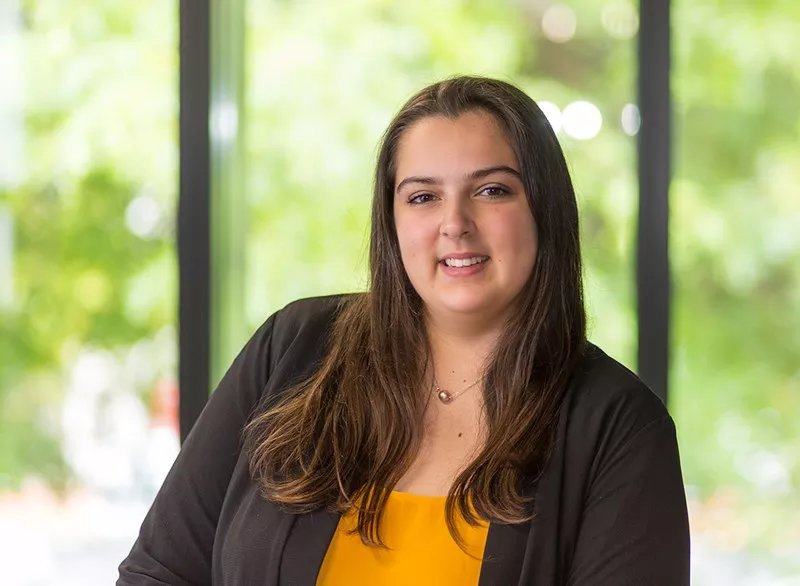What is FDR?
Family Dispute Resolution (“FDR”) is a mediation service, designed to help separated couples and their families resolve disagreements regarding care of children.
Attempting FDR is usually a mandatory pre-requisite before you can apply for a parenting or guardianship order in the Family Court. There are limited exceptions to this. For example, FDR is not appropriate where family violence is involved or where urgent orders are required to prevent harm or hardship to you or your child.
Preparing for FDR
The ‘Parenting through Separation’ course (“PTS”) is a free 4 hour course which aims to help you understand and manage the effects of separation on your child/ren. You and your ex-partner attend separately. During the course you will create a parenting plan which will help you work out what parenting arrangements could work best for you. PTS is also normally a pre-requisite before you can file proceedings in the Family Court.
What to expect at FDR
An impartial mediator will run the FDR session. Mediators, also known as “FDR providers” can be found on the Ministry of Justice website at: https://www.justice.govt.nz/family/care-of-children/find-a-service-to-help-with-disputes/.
Once you have found a mediator, you will be required to provide details of all parties involved in the dispute. This will usually be your ex-partner, however it can also include a member of your wider family, for example a grandparent of the child/ren, if they are involved in providing care for the child/ren.
Before FDR begins, the mediator will want to understand whether the dispute is suitable for FDR. They will ask you some screening questions such as:
- whether you or your children have been subject to domestic violence;
- whether you can fully take part in FDR. For example, the other party may live overseas or, does not wish to partake or, you may have a disability which makes it difficult for you to attend/participate; and
- whether you may be benefit from preparatory counselling before attending the FDR session/s.
Preparatory counselling can be helpful if you are feeling too stressed about the relationship issues to think clearly and calmly about shared care arrangements for your children. It can help you prepare for discussion you will need to have at FDR.
During FDR, the mediator is there to facilitate an open discussion and to help you resolve your disputes about care of your children, including:
- who they live with and when;
- how changeovers are managed;
- childcare arrangements (e.g. after school care and holiday care); and
- other important dates like birthdays and celebrations.
Guardianship issues can also be discussed, for example:
- where the children go to school;
- religion;
- names; and
- medical treatment.
Lawyers are not allowed to attend FDR, although you are entitled to seek legal advice at any stage during the process. In particular, you may wish to seek legal advice before agreeing to a particular arrangement.
If an agreement is reached following FDR, the mediator will write up the agreement in full. This is not a binding Court order. If, after time, you want to vary the agreement, both parties need to give their consent to the variation. It is also possible to formalise the FDR agreement by way of applying to the Family Court by consent for a Parenting Order.
Conclusion
FDR is often a compulsory first step in resolving parenting disputes following separation. If you would like any further advice regarding care of children and guardianship issues, please don’t hesitate to get in contact with one of our family law specialists.












